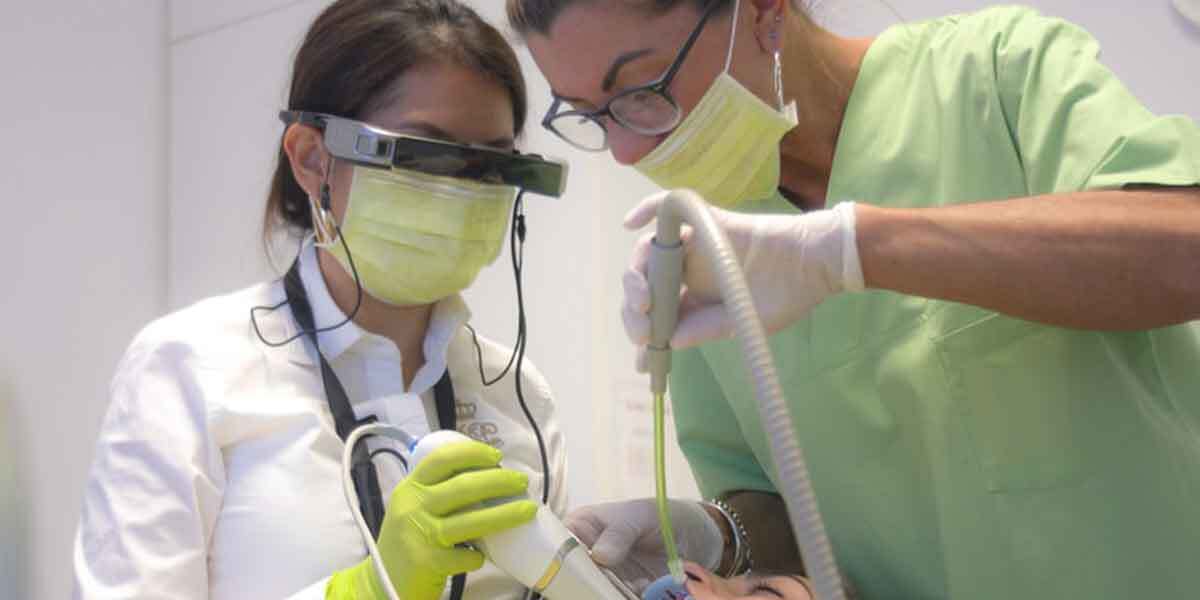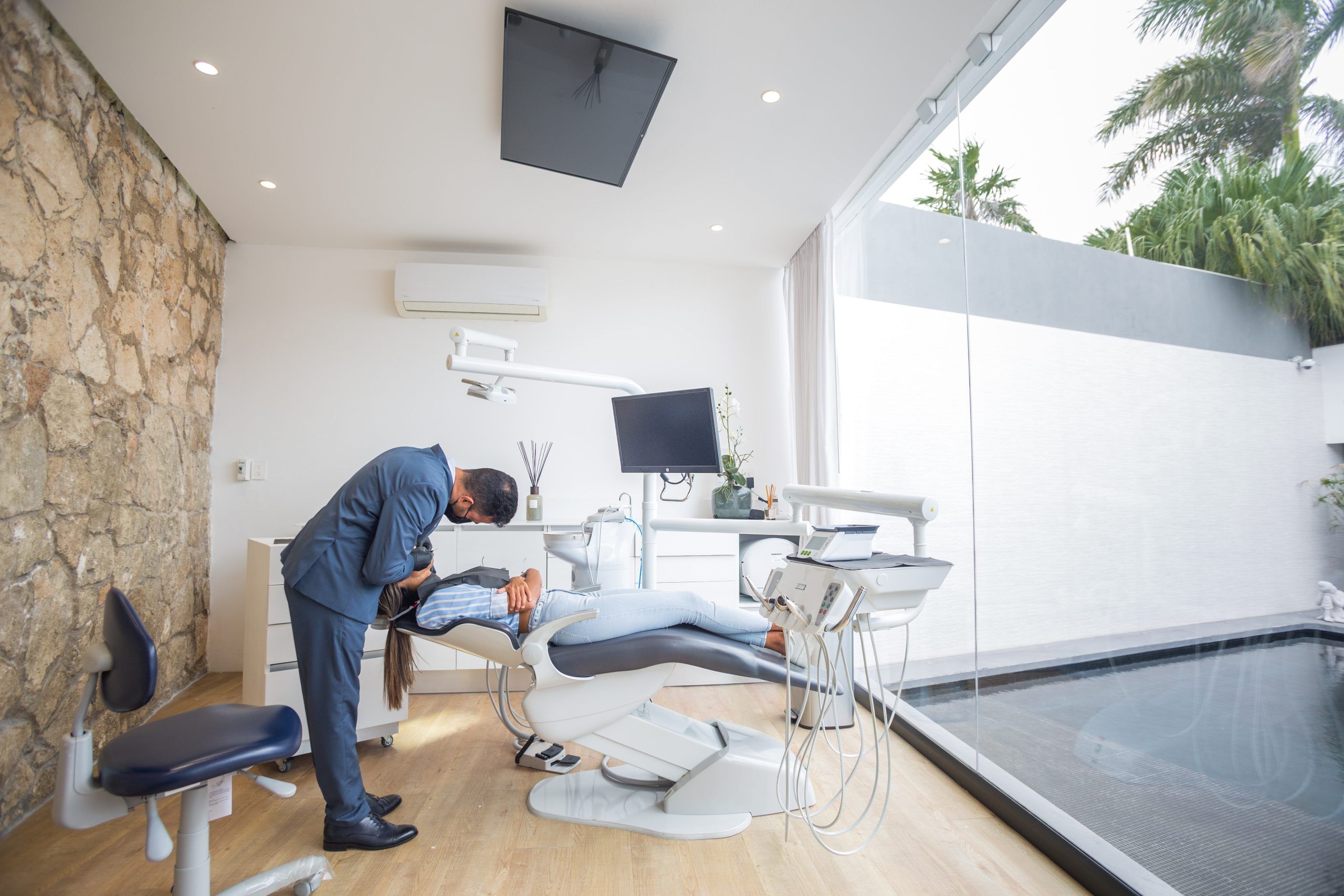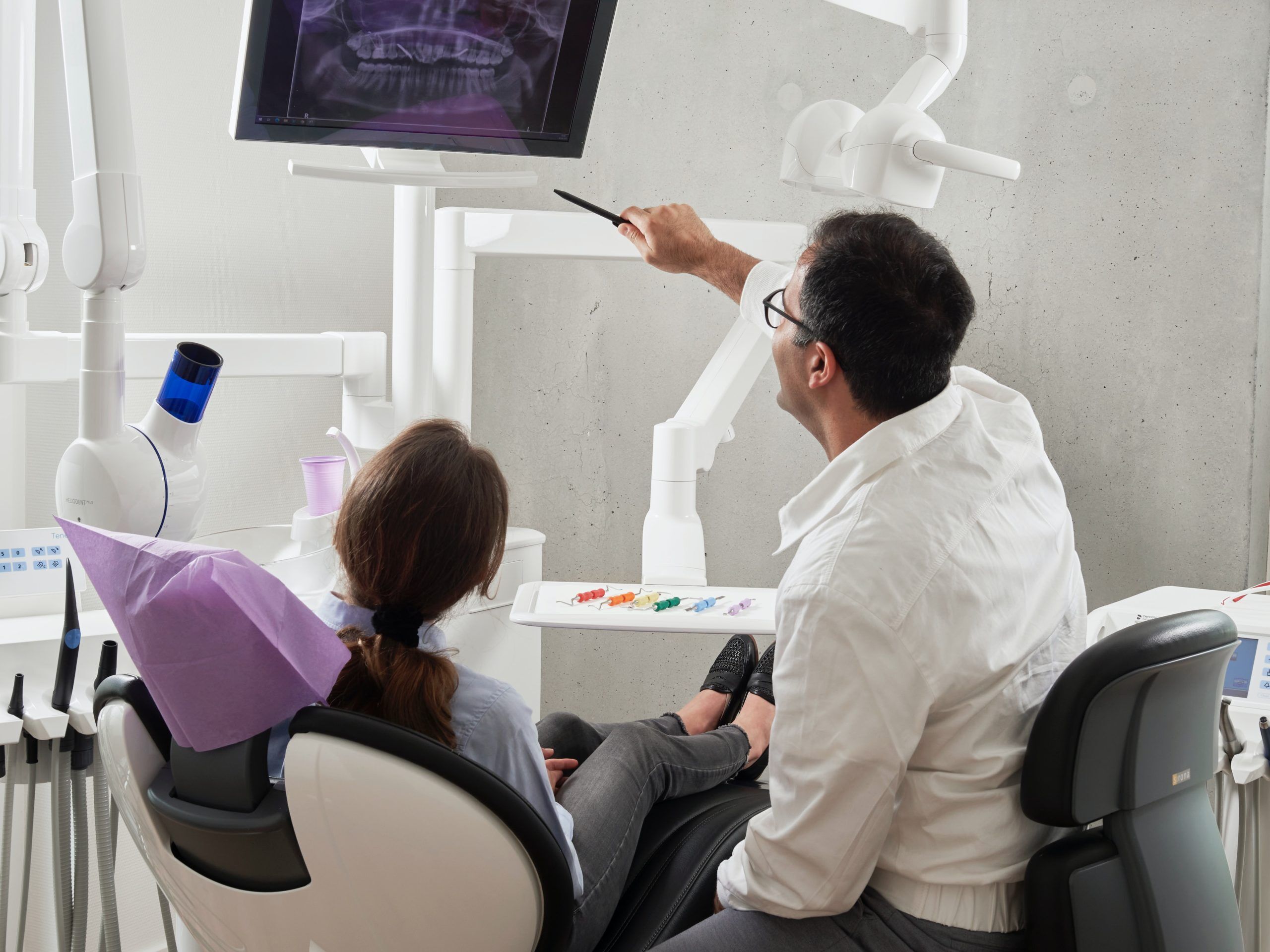Author: nearmedental
Children’s dental hygiene is as vital as adults’, if not even more. A child’s dental routine, if not properly maintained, may cause problems later in life. Establishing good habits early in life, ones that will last into maturity is an essential variable in determining dental health.
Here are some tips from a kids dentist near me that everyone must follow:
- Regularly Brushing
Children can begin brushing regularly once they have grown a set of baby teeth. Children, like adults, should wash their teeth twice a day, according to the kids’ dentist near me. Use a fun toothbrush or flavored toothpaste to make it more enjoyable rather than work. Make sure it doesn’t have a lot of fluoride in it, which might be dangerous. Parents can wash their teeth with their children to make it a family activity.
- Following The 2-Minute Rule
The kid’s dentist near me always recommends cleaning your teeth for two minutes, which is longer than most individuals spend. This rule is a fantastic method to establish healthy habits. That is why, while their child is still learning, it is a good idea for parents to brush their teeth with them. Parents can also use a timer to enforce the 2-minute rule and give children a fun incentive, such as a sticker after brushing for two minutes.
- Reduce The Sugar Intake
Excessive sugar consumption appears to be a normal part of childhood, with many cakes, candies, and sweets. Sugar is not healthy for teeth, especially in children with susceptible infant teeth, more prone to cavities. Although it is difficult to avoid sugar consumption altogether, parents can limit sugar consumption. It is possible by not allowing their children to consume soda or candy daily, as suggested by the kids’ dentist near me. Keep candies and cakes as a special treat rather than a regular component of your child’s diet, and see how it affects their oral hygiene.
- Flossing
Flossing is one of those oral habits that most people forget about. Do not let this happen to your kid! Because the advantages to your child’s teeth and gums are tremendous, flossing once a day is a common suggestion from the kids’ dentist near me. Of course, flossing is most successful if your child uses the appropriate technique, as it is with tooth brushing. Follow these steps to reap the full benefits of flossing:
- Wrap around your middle fingers around 18 inches of floss, leaving about two to three inches uncovered.
- Hold the floss between your forefinger and your thumb.
- Slide the floss between the teeth.
- Make a “C” shape with the floss and clean the area with up and down motions.
- Using a new section of floss for each tooth, repeat the process.
- To get rid of any leftover particles, rinse your mouth with water or mouthwash.
Tooth brushing alone will not remove all the food and bacteria that have accumulated in your child’s mouth, so floss frequently.
- Making Regular Appointments With Dentists
Taking your child to the dentist regularly is one of the easiest yet most ignored strategies to improve their smile. Every six months, your child should visit the dentist for regular cleanings and checkups. During tooth cleanings, the dentist can remove any plaque or tartar that has built up. Tartar may only get removed by a professional cleaning; brushing and flossing will not suffice. If plaque and tartar are not eliminated, tooth decay and cavities can occur.
Cleaning isn’t the only reason for a child’s visit to the kids dentist near me. During a routine visit, your child’s dentist will ask if you have any questions and can provide more pediatric dentistry advice. Your dentist will also examine your child’s teeth to ensure that no problems arise. If something is wrong, catching it early is crucial. Any problems should come out as soon as possible so that they can be instantly treated. Any damage to your child’s healthy grin will minimize if treatment starts early.
- Considering The Dental Sealants
If you’re concerned about your child’s capacity to keep their teeth clean on their own, you must consider the dental sealants, according to the kids dentist near me. Dental sealants are the protective shields that a dentist can put to your child’s teeth’ chewing surfaces. Food can readily become caught in the pits and fissures of adult teeth. When that food decomposes, it becomes food for dangerous bacteria that can cause cavities and tooth decay.
Your child’s dentist can prevent this buildup by using dental sealants. The plastic-like coatings fill in all the gaps, preventing food from being stuck. Your child can generally go about their everyday activities because they’re immune to bacteria, saliva, and food particles. When combined with proper preventative care, dental sealants are a simple and effective way to improve your child’s smile.
There are many recommendations from the kids’ dentist near me that can aid your child’s smile, but these are a few of the most effective to begin with. Ensure that your child develops appropriate oral hygiene habits early in infancy to help them enjoy a lifetime of joyful, healthy smiles. Making frequent dental appointments is one of the easiest methods to keep your child’s teeth healthy.
- Ensuring Adequate Intake Of Calcium
Calcium is an essential component of healthy bones and teeth, which develop during childhood. Give your child a multivitamin and three dairy products every day to ensure that they get enough calcium (cheese, milk, yogurt, etc.).
Conclusion
Children who are taught proper oral hygiene at an early age have the highest chance of carrying their habits into adulthood. Brushing, flossing, and dental visits are all excellent ways to ensure your child’s dental hygiene in the future.



